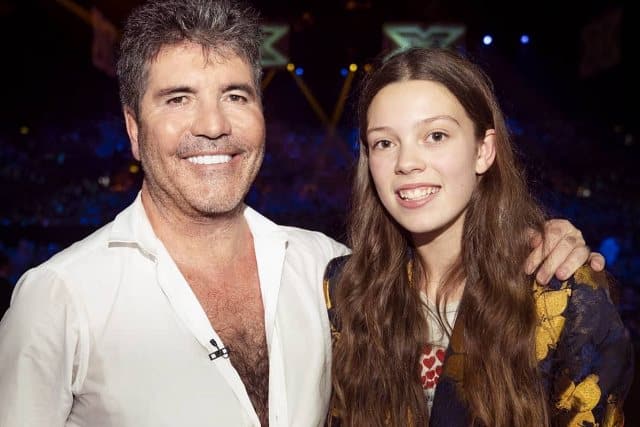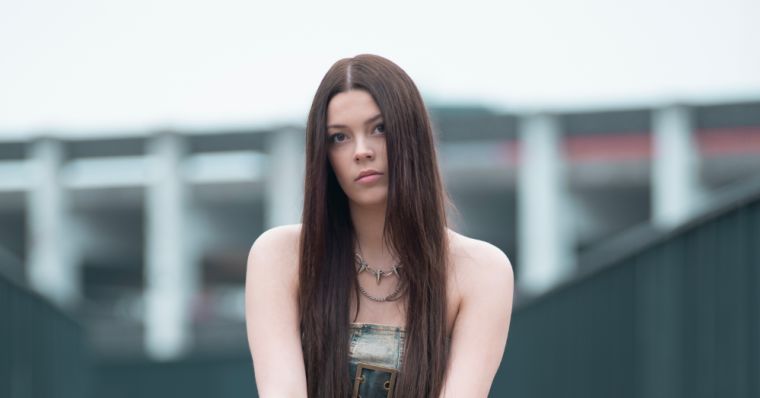Courtney Hadwin has built her reputation on electrifying live performances, often filled with energy, grit, and the kind of vocal intensity that leaves audiences stunned. Yet, in a recent live performance of “All The Love (Money Can Buy),” she chose a very different path. Gone were the heavy beats, flashing lights, and staging that often accompany her shows. Instead, Hadwin relied solely on the raw power of her voice and the emotional depth of the lyrics to hold the audience’s attention.

To understand the impact of this stripped-back version, it’s important to look at the song itself. “All The Love (Money Can Buy)” is a track that balances themes of desire, longing, and the complicated intersection between love and materialism. In its original production, the song carries a driving beat and layered instrumentation that highlight Hadwin’s strong vocal delivery. The studio version leans into intensity, giving listeners a powerful soundscape that mirrors the lyrical tension.
But in this live performance, Hadwin shifted the focus entirely. With no instrumentation and no backing track, the song transformed into something much more intimate. Every lyric came through with striking clarity, and the absence of production allowed listeners to hear every inflection in her voice. The result was a version that felt almost conversational—like Hadwin was confiding directly in the audience.

What stood out most was her vocal control and phrasing. Hadwin has always been praised for her raspy, soulful tone, but here, she leaned into nuance rather than power. Soft, almost whispered lines carried vulnerability, while sudden crescendos brought bursts of intensity that made the performance dynamic without needing any extra elements. This contrast gave the song an emotional arc that hit harder than the studio version because it felt so unfiltered.
Her stage presence also shifted. Known for her explosive movements and high-energy delivery, Hadwin instead kept her performance grounded. Small gestures and focused eye contact with the audience created a sense of intimacy. This subtle approach highlighted her ability to command attention without relying on spectacle—a sign of maturity in her artistry.

The stripped-down version also brought out new meaning in the lyrics. Lines that might have been overshadowed by production in the studio version suddenly carried heavier weight. The tension between love and materialism, between longing and reality, felt more personal and immediate. Listeners could hear not just the words but the emotion behind them.
In many ways, this performance served as a reminder of the core elements that make music powerful: voice, story, and connection. By removing everything else, Hadwin showed that her artistry doesn’t depend on production. It thrives in its purest form, when she allows her voice and emotion to take center stage.
For fans, this live rendition was more than just a performance—it was a chance to see Hadwin in a different light. It showed her range not only as a singer but as an interpreter of songs, capable of reshaping her own work into something new and profoundly moving.
Courtney Hadwin’s stripped-back “All The Love (Money Can Buy)” was not just a performance, but an intimate conversation with her audience. It was proof that sometimes, less truly is more.
